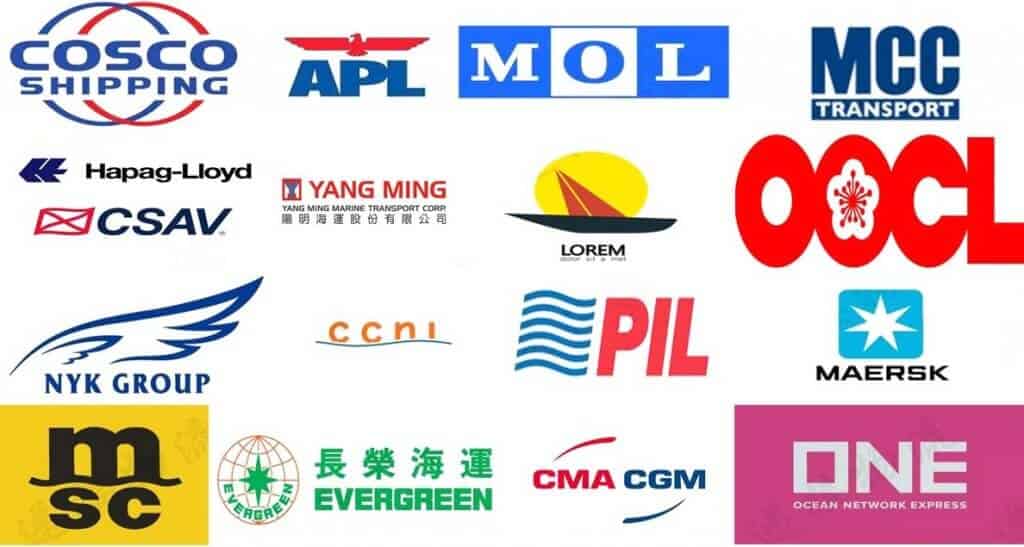Address: 121 Fengyi Village, Qianqing Street, Keqiao District, Shaoxing City, Zhejiang Province, China
Navigating the Storm: The Impact of Unstable Ocean Freight Charges on International Business

In recent months, the international shipping industry has faced unprecedented challenges, with ocean freight charges rising sharply. This volatility has significant implications for businesses engaged in global trade. Let’s explore the factors driving these changes and their impact on international business.
Understanding the Surge in Freight Charges
Several factors have contributed to the recent increase in ocean freight charges:
- Geopolitical Events: Conflicts in key shipping routes, such as the Red Sea, have forced vessels to take longer, more expensive routes. This not only increases transit times but also operational costs, which are passed on to shippers.
- Economic Recovery: As global economies rebound from the pandemic, there’s been a surge in demand for goods. This heightened demand has led to congestion at ports and increased shipping volumes, driving up freight rates.
- Supply Chain Disruptions: Port congestion, labor shortages, and equipment shortages have further strained the supply chain, causing delays and increasing costs.
- Carrier Strategies: To maintain profitability, shipping companies have been managing capacity by canceling scheduled voyages, known as blank sailings. This strategy helps keep freight rates high.
- Environmental Regulations: New emissions rules aimed at reducing the environmental impact of shipping have increased operational costs for carriers, which are then passed on to businesses.

The Impact on International Business
The instability in ocean freight charges has several repercussions for international businesses:
- Increased Costs: Higher freight charges mean increased costs for both buyers and sellers, squeezing profit margins and affecting pricing strategies.
- Unpredictability: Fluctuating rates create uncertainty, making it challenging for businesses to plan and budget effectively.
- Supply Chain Disruptions: Delays and congestion can lead to stock shortages, disrupting production schedules and impacting customer satisfaction.
- Inflation: Higher shipping costs contribute to global inflation, driving up the prices of goods and services worldwide.
Conclusion
For businesses involved in international trade, the recent volatility in ocean freight charges underscores the need for strategic planning and flexibility. By understanding the factors driving these changes and their potential impact, companies can better navigate the challenges and mitigate risks. Stability in freight charges is crucial for fostering a predictable and sustainable global trade environment.
